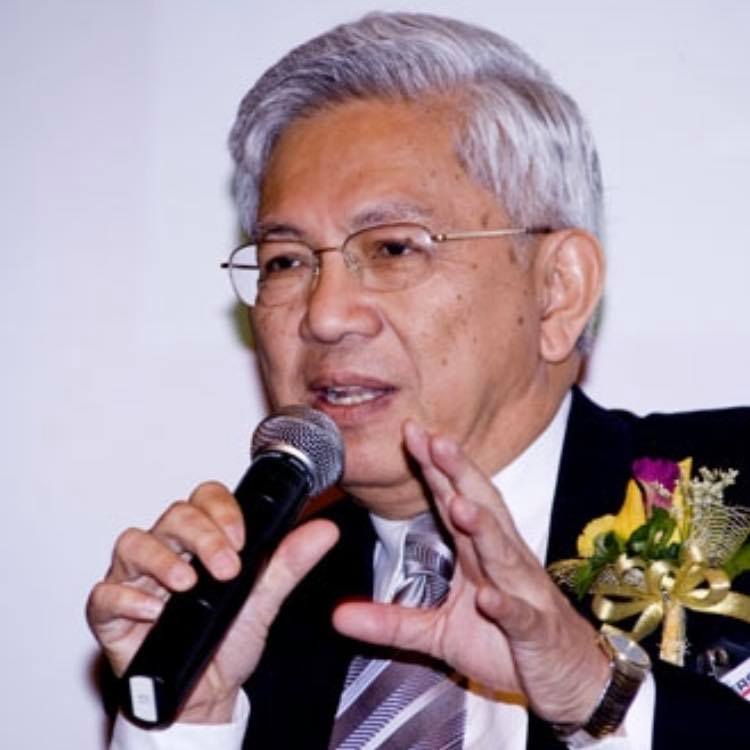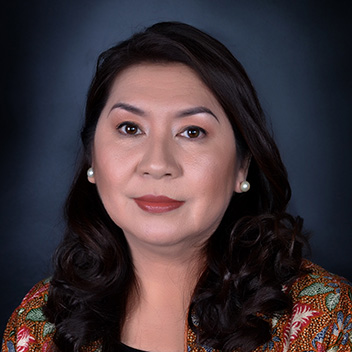
Photo Source: Howie Severino on Facebook
He would have celebrated his 83rd birthday last April 27. But Rodolfo C. Severino, Jr. passed away on April 19. He will be sorely missed.
He was “Usec. Sev” or “RCS” to me when I first had the opportunity to work under him in the mid-nineties at the Department of Foreign Affairs. Those were exciting years. China’s occupation of Panganiban Reef had just been discovered by Filipino fishermen, and RCS was in charge. Inter-agency meetings were convened to help strategize reaction to China. A “script” was developed in preparation for the first occasion in 1995 when the two countries were to sit together to discuss the brewing tensions. The preparations involved an inter-agency simulation exercise of the negotiations. Months later, under his watch, Manila and Beijing would hold bilateral talks that eventually resulted in the first code of conduct in the South China Sea,.
What had first struck me about RCS was his openness to ideas from various competing sources and his trust in his young officers. At one of the formal meetings I attended with him, I recall watching a junior diplomat (who is now an ambassador) sit in a corner typing away the draft outcome document of the negotiations even before the talks began. That, to me, somehow showed purpose and intention. This was no simple academic exercise; we knew the results we wanted, and we wanted them on that document.
I will always be grateful that he included me – then a relatively young analyst and an “outsider” to the DFA- in his official team as an “adviser” on China matters. This was not typical of the inward-looking bureaucratic culture at the foreign affairs department, and, as you might imagine, earned him many a brickbat from colleagues. But this was how RCS liked to run things, I thought. You needed to be prepared and you needed fresh, “out of the box” ideas, as this was China that you were talking to. The Chinese were always prepared and he knew that, having assisted in the opening of the Philippine embassy in Beijing in the mid-70s and serving there during the critical transition years of China’s opening to the world.
He used to describe Philippines-China cultural relations in the 1980s as the most active of all such ties by the Philippines, bar none. The continuous stream of intellectuals, artists, musicians, acrobats, writers, sports delegations and so on, proved this. I recall these because from 1981 until 1983, I was one of three Filipino exchange students sent by our government to Beijing following the signing of the first ever executive program of the cultural agreement. Our cultural affairs officer in Beijing then (the tenacious Nona Zaldivar) never let red tape or bureaucratic politics or lack of resources prevent the flowering of these people-to-people links. Those were the good times that many of us have now forgotten. Both sides even then acknowledged that there were serious territorial disputes between them, but that did not matter much in those days, because diplomacy – including cultural diplomacy - would prevail.
RCS also talked about the “concentric circles” of Philippine foreign policy -- about how our national interests were most deeply intertwined with those geographically closest to us, with the first circle involving Malaysia (where he also served as Philippine Ambassador), and Indonesia (where as Secretary-General he presided over the ASEAN at its Jakarta headquarters). Today, the three countries’ ongoing efforts at cooperation – especially on boundary issues, maritime security and countering violent extremism -- underscore this. We have often heard it said, and rightly so, that good fences make good neighbors. But there is also no gainsaying the value of sincere dialogue and patient engagement in working out misunderstandings and sowing the seeds of trust. Where there is trust, it may even be possible to live without fences at all.
Even more amazing to me then were Severino’s press conferences, especially following closely-watched negotiations and consultations about territorial disputes. From the sidelines of these events, I often imagined how he must have struggled with his thoughts and weighed his words carefully before addressing the most sensitive questions under the prying eyes of media and flashing TV cameras. In the end, he would always speak in a quiet, calm and self-assured manner. Looking back on it now, I believe this itself helped steady some of the public’s worst fears and in tempering their anger. I found it remarkable that – in my view - he would say not one word more and not one word less than was necessary. Each sentence was measured for effect, with his face devoid of any emotion. Such polish, prudence, and discipline are things that we perhaps rarely see in today’s world of cussing, tweeting and instagramming officialdom.
So, yes, Rodolfo Severino, Jr. may not have been perfect, just as no human being is. But he was to me an inspiration and a source of learning for what Philippine diplomacy should be like, now and in the future. Always be prepared. Know what results you need to get. Be ready to think out of the box. Deepen your understanding of and with those closest to you. Not only the governments, but the peoples, need to connect to each other. Think before you speak. Say no more than is needed. Then think some more before you act.

Aileen Baviera is a scholar of international relations and Chinese studies at the University of the Philippines, as well as founding president of the non-profit think tank Asia Pacific Pathways for Progress and editor-in-chief of the international journal Asian Politics & Policy. She was formerly head of the Center for International Relations and Strategic Studies, Philippine Foreign Service Institute.
